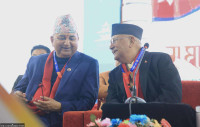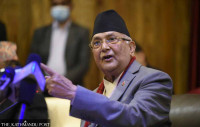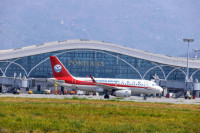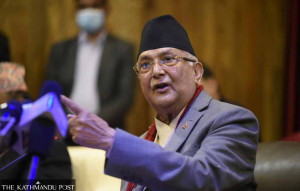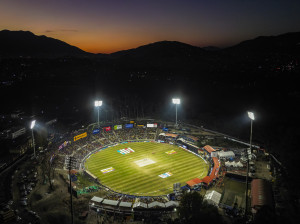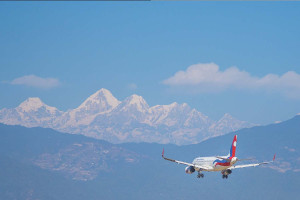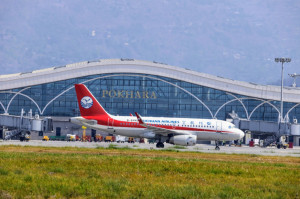Editorial
Where is the money
The country’s economy risks being left behind due to continuing dismal FDI flow
Nothing seems to be going right for Nepal’s economy—double-digit inflation, declining business investment and underwhelming economic growth. For a country with a low Gross Domestic Product (GDP) like Nepal, the best bet to attain growth, at least in the short term, is foreign direct investment (FDI). But despite billions of rupees worth of FDI commitments, the actual inflow of foreign investment into the country has remained low. While Nepal received FDI pledges worth Rs15.13 billion in 2015-16, the actual investment amounted to just Rs4.79 billion as of the 11th month of the fiscal year.
With the onset of globalisation, one striking feature of the world economy has been the flow of private capital in the form of FDI. Since the 1990s, given resource constraints and lack of domestic investment, FDI has been an important source of financing for developing countries. And given the potential role of FDI in accelerating growth, developing countries have shown a keen interest in attracting it. The growth of many emerging economies of Asia such as Malaysia and Thailand can primarily be attributed to foreign investment. To attract more FDI, India has recently introduced sweeping reforms to its rules on foreign investment. According to the United Nations Conference on Trade and Development, Asia is the world’s top recipient region of FDI with almost 30 percent of worldwide investment.
However, Nepal’s share has been negligible. Although the country has a Foreign Investment Promotion Board and legislations like Foreign Investment and Technology Transfer Act 1992 in place, it has not been able to draw much FDI.
The key to attracting foreign investment is to create a favourable business environment in the country. This is where Nepal’s problem lies. Overweening bureaucracy, copious red-tape and poor infrastructure put Nepal at 105th position in global rankings in terms of the ease of starting a business in 2016—down from 94th in 2015. According to the World Bank Doing Business Report 2016, starting a business in Nepal requires seven procedures, takes 17 days and costs 28.40 percent of the income per capita. Out of 189 countries, the report has ranked Nepal 131st in terms of ease of getting electricity and 152nd in terms of enforcing contracts. Labour availability in the country has also fallen in recent years.
Low economic growth can mainly be attributed to the decade-long conflict and political instability. It has already been 10 years since the conflict ended, but political stability appears nowhere in sight. It is high time Nepal achieved that and created an investment friendly environment. In every year’s budget, there is an emphasis on increasing FDI into the country. However, mere words are inadequate; we need accompanying policies and politics. With both China and India growing at rapid clips, we are ideally placed to exploit the opportunities. Investments from the two giant economies, in addition to other investors we can attract, will go a long way in assisting ours.




 13.12°C Kathmandu
13.12°C Kathmandu